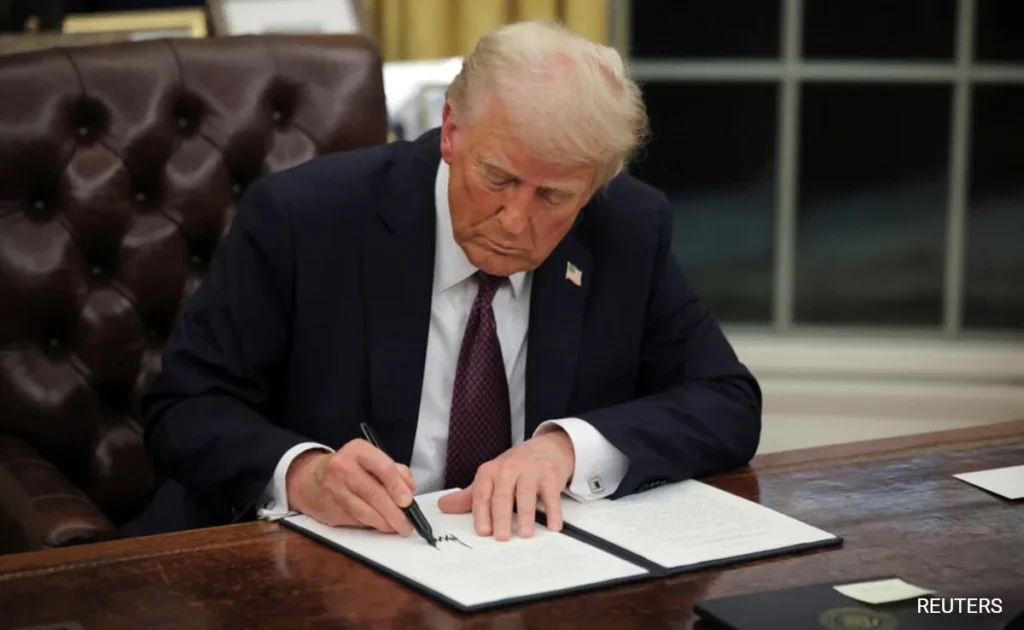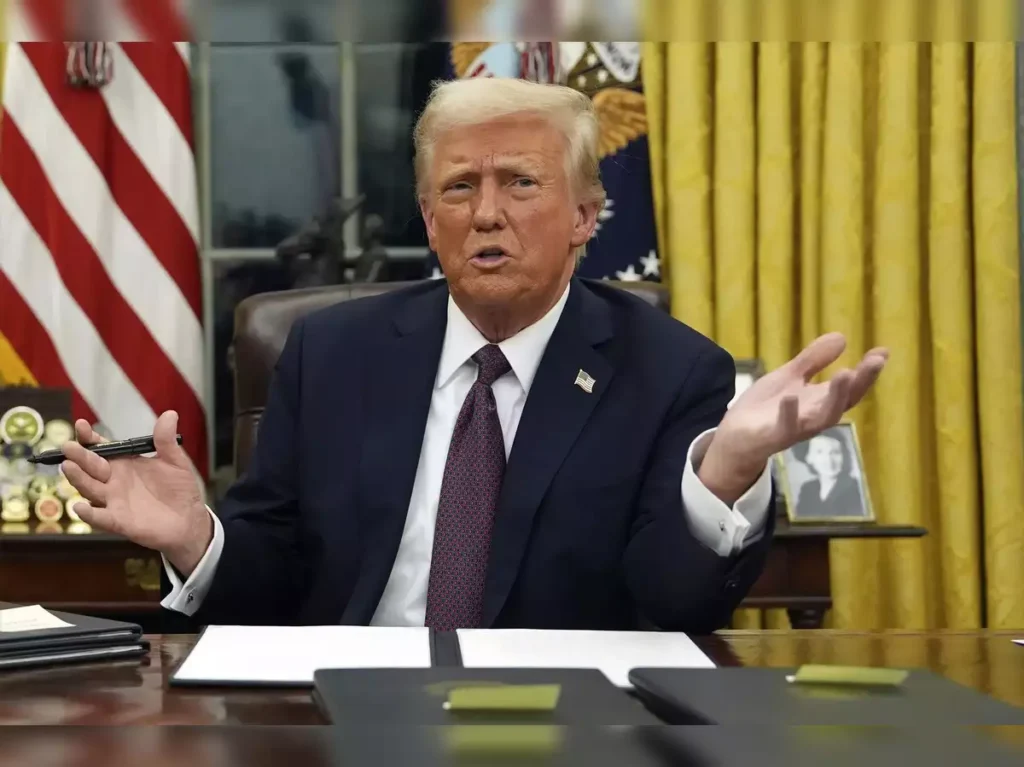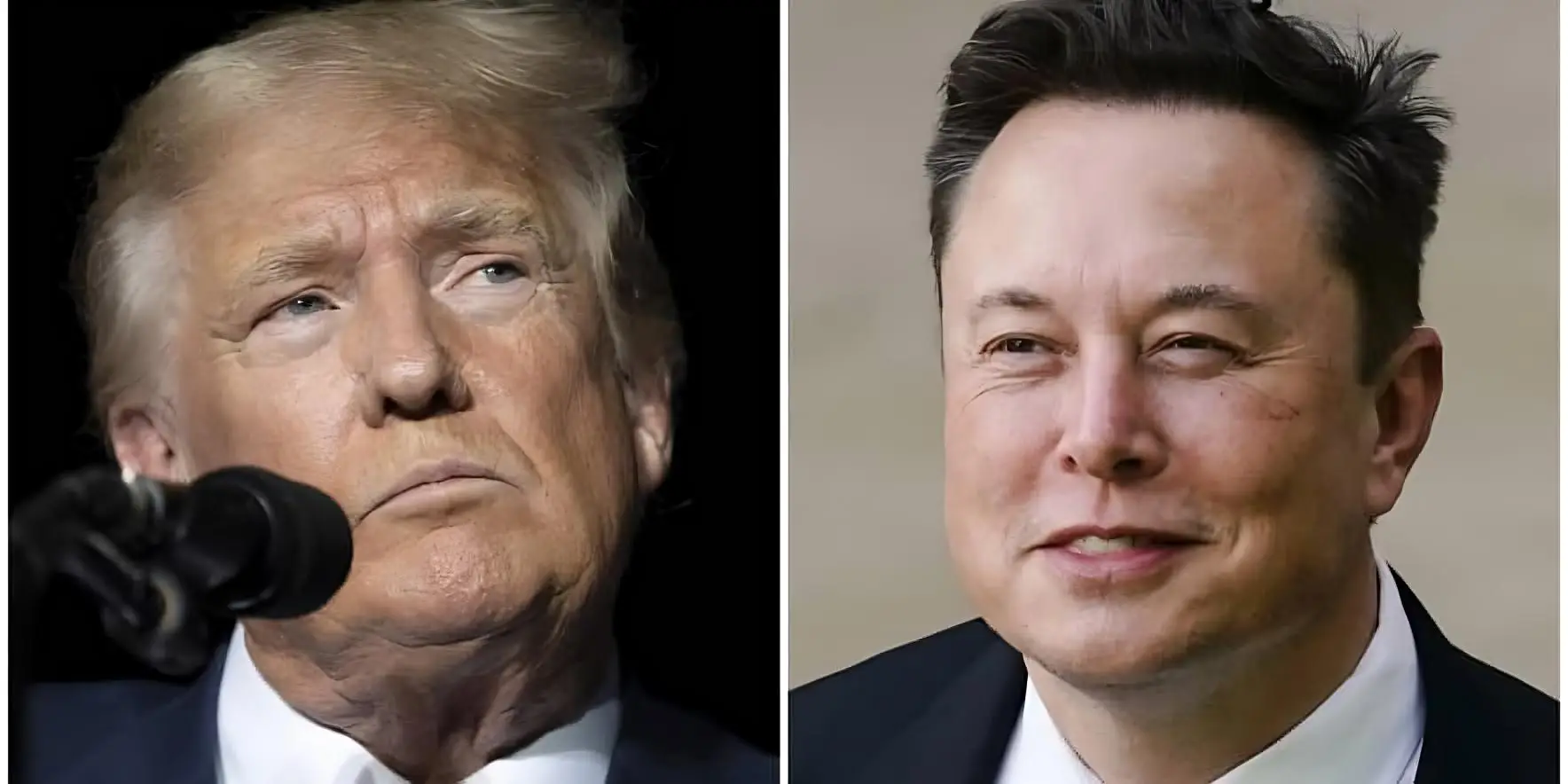Elon Musk doesn’t shy away from making waves, and his latest comment is no exception.
Hours after former President Donald Trump revealed a $500 billion plan to transform AI infrastructure in the United States, Musk raised eyebrows with a blunt critique: “They don’t actually have the money.”
His words sparked a fiery debate, questioning the practicality of such an ambitious initiative.
Trump’s Vision What Does a 500 Billion AI Plan Look Like?
Earlier this week, Trump announced his proposal to invest half a trillion dollars in AI.
The initiative aims to solidify the U.S.’s position as a global AI leader by funding research, infrastructure, and workforce training.
The plan paints a futuristic vision, promising advancements in healthcare, defense, and transportation. But behind the bold claims lies a glaring question: where will the money come from?
Critics immediately flagged the plan as overly ambitious, citing its lack of concrete funding details.
Supporters, however, argued that such investments are essential to outpace global competitors like China in the AI race.

Musk Fires Back: A Billion-Dollar Reality Check
Musk wasted no time poking holes in the plan. “They don’t actually have the money,” he said, delivering his trademark mix of skepticism and pragmatism.
His statement resonated with many, raising doubts about the feasibility of allocating such a colossal budget in the face of a $30 trillion national debt.
Musk, a visionary in his own right, knows the stakes of investing in AI. His companies—Tesla, SpaceX, and Neuralink—depend on cutting-edge AI to thrive.
For him, an ineffective or mismanaged government initiative could slow down innovation rather than accelerate it.

Can America Afford a $500 Billion Gamble on AI?
The U.S. national debt has already crossed $30 trillion, and funneling $500 billion into a single project seems like a daunting financial stretch.
Critics argue that such a massive sum could jeopardize funding for essential programs like education and healthcare.
Yet, supporters counter that the economic benefits of leading the AI revolution could outweigh the costs.
They envision job creation, tech innovation, and long-term growth as potential outcomes of this investment. The challenge lies in bridging the gap between ambition and financial reality.
The tech and economic communities remain sharply divided over Trump’s AI plan:
- Optimists: Proponents believe the plan is a necessary step to stay competitive on the global stage. “This investment shows we’re serious about dominating AI,” said a Silicon Valley entrepreneur.
- Skeptics: Others, like Musk, see it as a pie-in-the-sky idea. “It’s easy to make announcements, but hard to deliver,” remarked an economist.

Why Musk’s Criticism Holds Weight
Musk’s opinion isn’t just noise—it reflects the perspective of someone deeply entrenched in the AI sector.
Over the years, he has consistently warned about the risks of government mismanagement in technology initiatives.
Musk’s concerns highlight the need for thoughtful execution, not just grand plans.
Musk’s remarks set social media abuzz. While some users applauded his candor, others criticized him for downplaying the importance of AI investment.
The online debate underscored a broader issue: the tension between bold visions and fiscal responsibility.
A Battle for AI Leadership
Trump’s $500 billion AI plan has ignited a critical conversation about America’s role in the global tech race.
Musk’s blunt critique, while polarizing, sheds light on the complexities of balancing ambition with practicality.
As the dust settles, one thing remains clear: the path to AI dominance won’t be a smooth ride.
This unfolding drama is a testament to the high stakes of the AI revolution, where bold ideas meet cold, hard economics.







